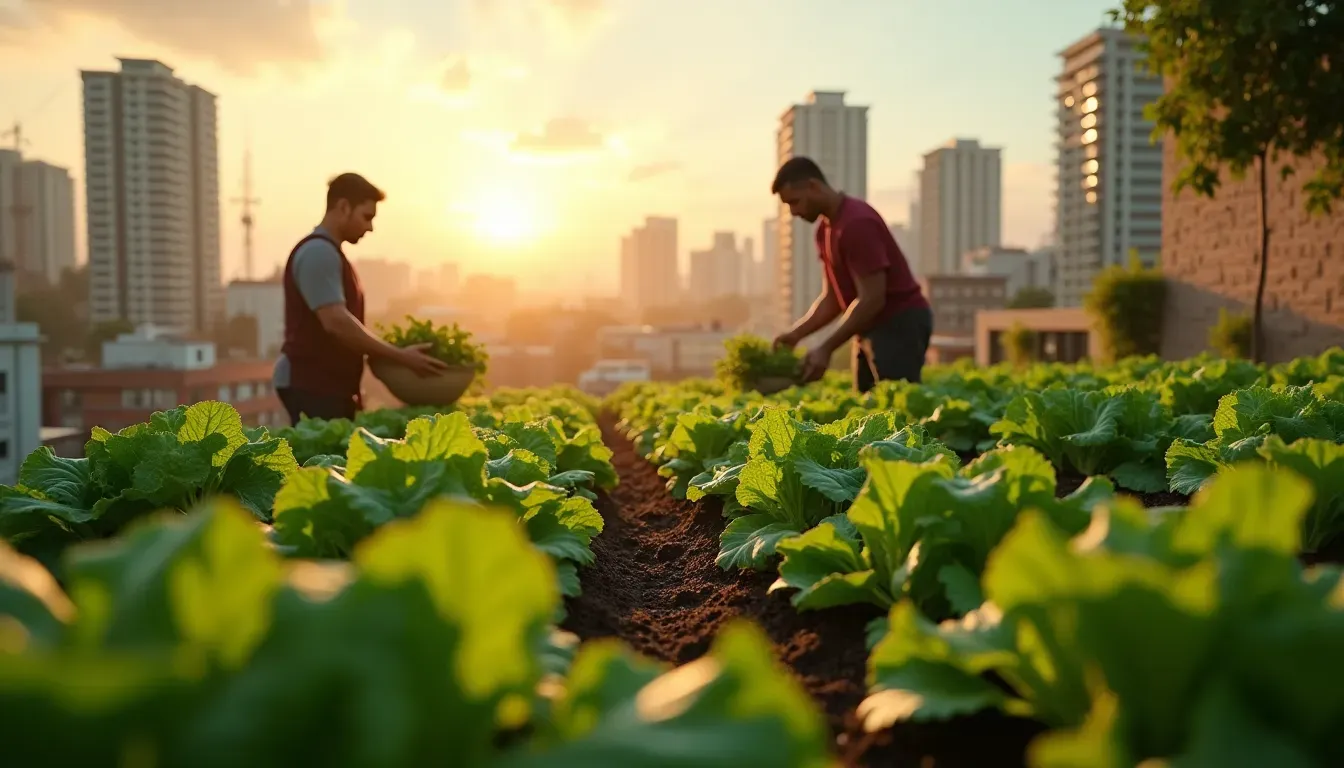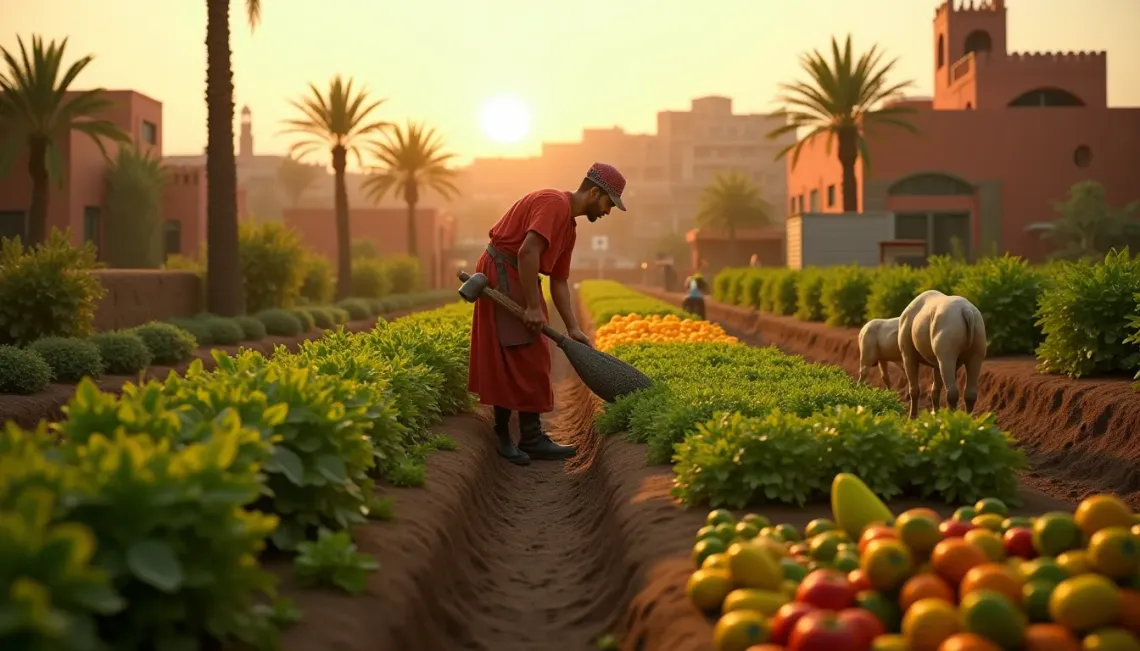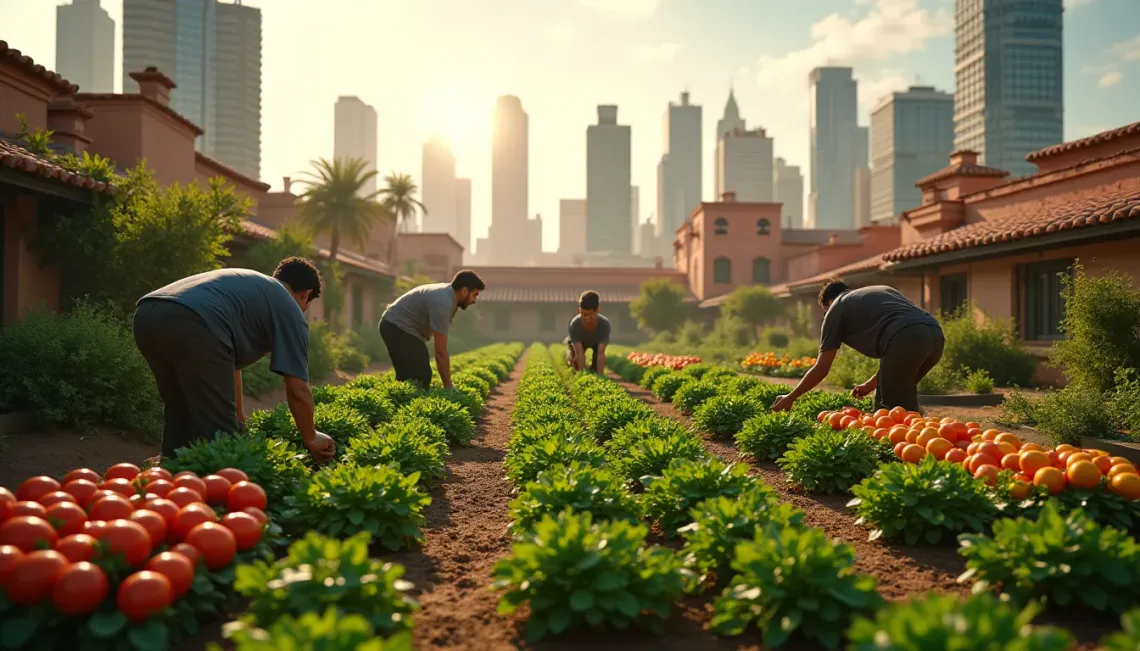As urbanization continues to expand, the concept of urban farming has emerged as an innovative solution to enhance food security in Moroccan cities. This growing trend not only supports sustainable agriculture but also offers numerous social and environmental benefits. Let's explore how urban farming is transforming the landscape of cities in Morocco and its potential to ensure a more resilient food system.
Understanding Urban Farming and Its Importance
Urban farming refers to the cultivation, processing, and distribution of food in or around urban areas. Its significance grows as traditional food systems face challenges such as climate change, population growth, and limited arable land. By integrating agriculture into urban environments, cities can become more self-sufficient and environmentally sustainable.
The Rise of Urban Farming in Moroccan Cities
In recent years, urban farming has gained traction in Moroccan cities like Casablanca, Marrakech, and Rabat. Initiatives range from community gardens to rooftop farming, each contributing to the city's food supply chain.
- Community Gardens: These spaces bring together residents to grow vegetables and herbs, promoting community engagement and education.
- Rooftop Farms: Utilizing unused rooftops for cultivation helps combat the urban heat island effect while providing fresh produce.
- Vertical Farming: Innovative technologies allow for increased crop yield in limited spaces by stacking plants vertically.
The Impact on Food Security
Urban farming directly contributes to food security by providing fresh, locally-grown produce. This reduces reliance on imported food, stabilizes local economies, and offers healthier food options for city dwellers. Additionally, urban farming creates job opportunities and fosters entrepreneurship in sustainable agriculture.
Challenges and Opportunities
Despite its benefits, urban farming in Moroccan cities faces challenges such as water scarcity, limited space, and lack of technical expertise. However, these challenges present opportunities for innovation and collaboration. For instance, initiatives like rainwater harvesting and advanced hydroponics can optimize water use, while government support and public-private partnerships may offer resources and training for aspiring urban farmers.
Integrating Urban Farming Into Urban Planning
To fully realize the potential of urban farming, it is crucial to integrate it into urban planning. Policies that support green spaces, zoning laws that allow for agricultural activities, and incentives for environmentally friendly practices can pave the way for broad adoption of sustainable agriculture within cities.
Conclusion
Urban farming represents a promising solution for enhancing food security and promoting sustainable agriculture in Moroccan cities. As this growing trend continues to evolve, it has the potential to revolutionize how cities think about and engage with food production. By addressing the current challenges and leveraging opportunities for innovation, urban farming can lead to more resilient, self-reliant urban environments in Morocco and beyond.
For more insights, explore related topics like sustainable agriculture in Africa and the impact of urbanization on food systems.




